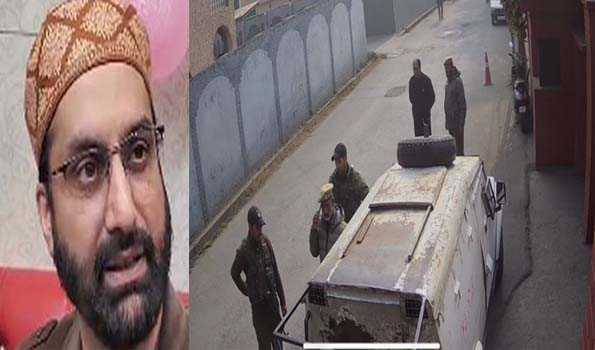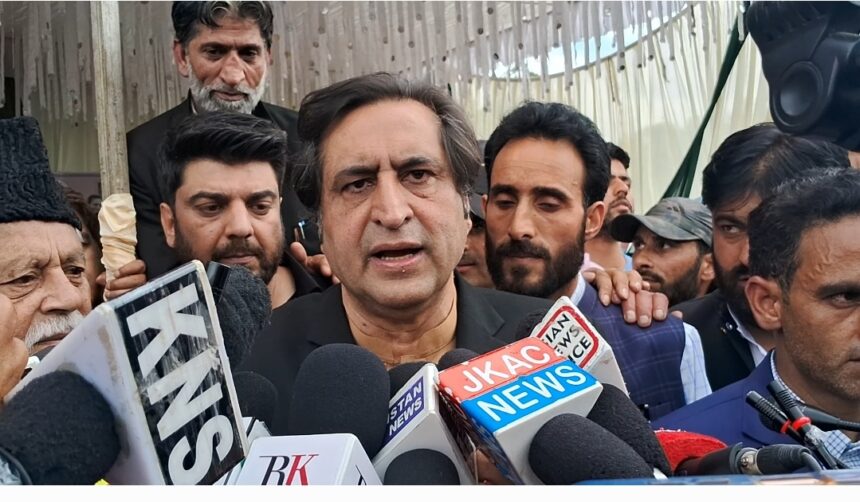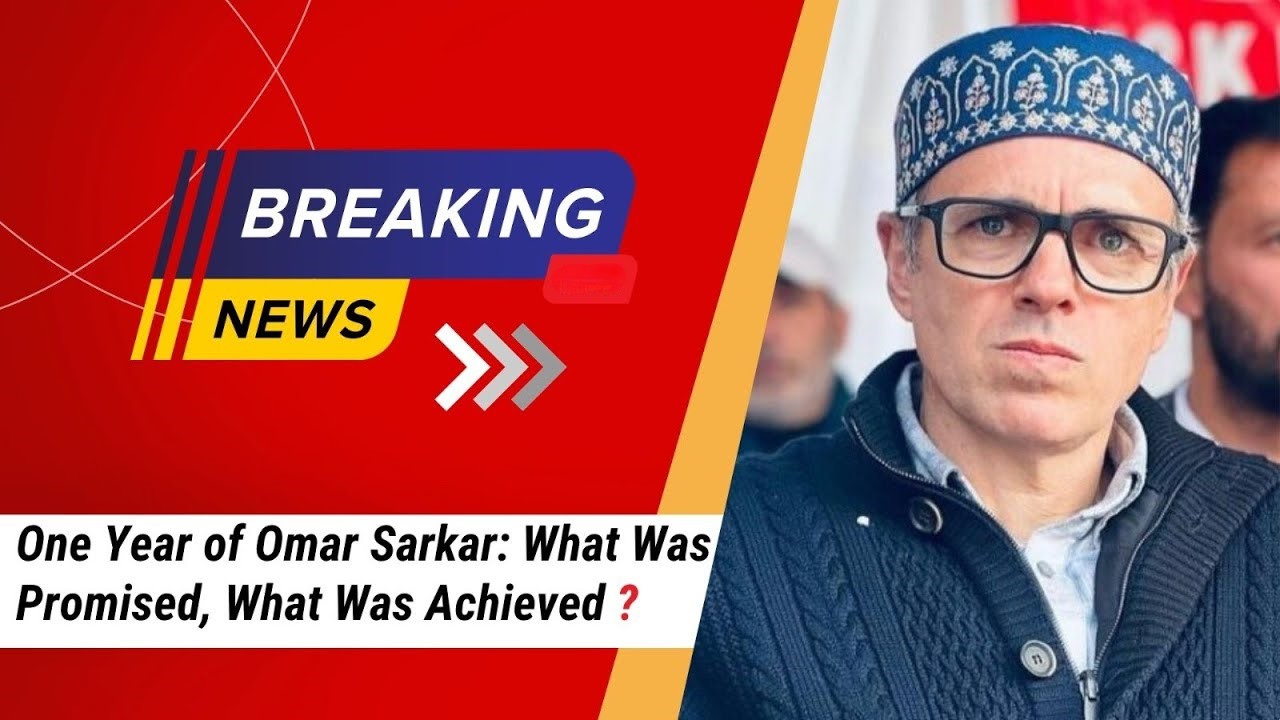Mirwaiz Umar Farooq Barred from Friday Prayers: A Debate on Religious Freedom in Kashmir
Srinagar 18 April 2025: Mirwaiz Umar Farooq, the chief cleric of Kashmir and chairman of the Hurriyat Conference, has once again been placed under house arrest, preventing him from leading Friday prayers at Srinagar’s historic Jamia Masjid. This marks the fourth consecutive Friday that the cleric has been barred from performing his religious duties, sparking widespread criticism and raising questions about the state of religious freedom in the region.
The Context: A Pattern of Restrictions
The authorities have cited security concerns as the reason for restricting Mirwaiz’s movement. However, this justification has been met with skepticism by various groups, including the Anjuman Auqaf Jamia Masjid, which manages the mosque, and political parties like the National Conference. Critics argue that these actions are part of a broader strategy to suppress dissent and weaken the centrality of Muslim institutions in the Valley.
Mirwaiz himself has described the restrictions as arbitrary and unjust, accusing the government of attempting to silence his voice and erode the cultural and religious fabric of Kashmir. He stated, “These actions are not just an attack on me but on the collective identity and rights of the people of Kashmir.”
The Jamia Masjid: A Symbol of Resistance
The Jamia Masjid, located in the heart of Srinagar, is not just a place of worship but a symbol of Kashmir’s cultural and political identity. For centuries, it has been a gathering point for the community, especially during times of crisis. The repeated barring of Mirwaiz from leading prayers at this iconic mosque has amplified concerns about the erosion of democratic principles and religious freedoms in the region.
The Anjuman Auqaf Jamia Masjid expressed deep anguish over the restrictions, calling them a violation of fundamental rights. In a statement, the organization said, “Preventing the Mirwaiz from fulfilling his religious duties is an affront to the sanctity of the mosque and the faith of its followers.”
Legal Battle: Seeking Relief
Mirwaiz’s house detention case remains pending in the High Court of Jammu and Kashmir and Ladakh, where he is seeking relief from the restrictions. Legal experts have pointed out that prolonged house arrest without formal charges violates constitutional rights and international norms on freedom of religion and expression.
The court’s decision will be closely watched, as it could set a precedent for similar cases in the future. Meanwhile, human rights organizations have urged the government to reconsider its approach, emphasizing the importance of upholding democratic values.
Broader Implications: A Debate on Rights
The situation has drawn attention to broader concerns about religious freedom and democratic principles in Jammu and Kashmir. Political analysts argue that the repeated restrictions on Mirwaiz reflect a growing trend of curbing dissent and centralizing control in the region.
The National Conference and other political parties have criticized the government’s actions, with former Chief Minister Omar Abdullah stating, “These measures are not about security; they are about silencing voices that challenge the narrative.”



